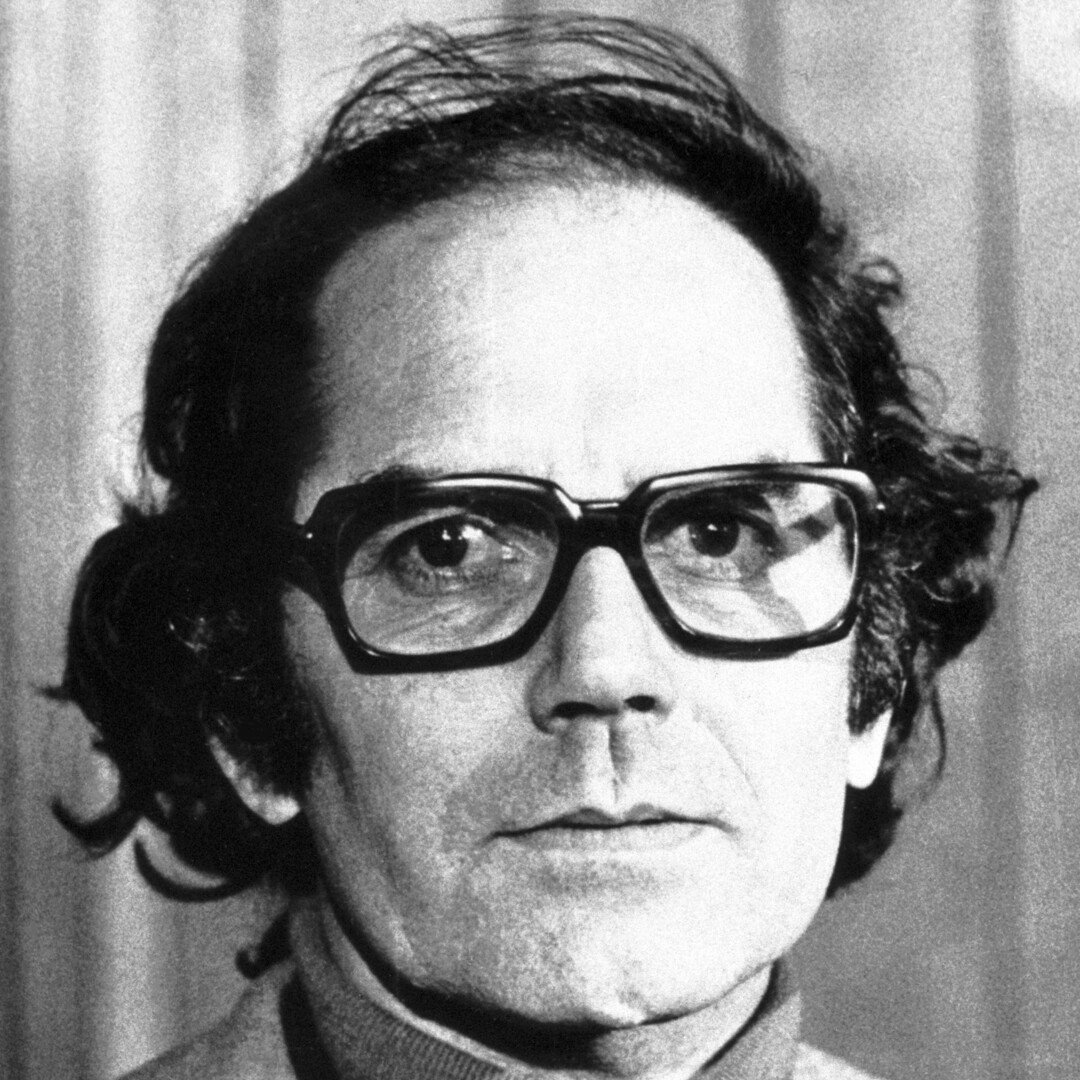Adolfo Pérez Esquivel
Speed read
Adolfo Pérez Esquivel was awarded the Nobel Peace Prize for his work to promote fundamental human rights by non-violent means.

Full name: Adolfo Pérez Esquivel
Born: 26 November 1931, Buenos Aires, Argentina
Date awarded: 27 October 1980
He lit a candle of hope
The 1976 military coup in Argentina marked the beginning of five years of brutal dictatorship. It was during this time that Adolfo Pérez Esquivel, an active Catholic, emerged as a strong defender of human rights and a promoter of non-violence. In the 1970s, Esquivel headed the Latin American human rights organization SERPAJ. He gave up his university career to travel around Latin America building a network. In 1977, he was arrested, imprisoned and tortured by the Argentine military junta who, bowing to pressure exerted by his friends, finally released him after 14 months. In its decision the Norwegian Nobel Committee pointed to Esquivel’s fearless, non-violent activism as a source of inspiration for oppressed peoples around the world.
"Pérez Esquivel is among those Argentinians who have shone a light in the darkness. He champions a solution of Argentina's grievous problems that dispenses with the use of violence, and is the spokesman of a revival of respect for human rights."
The Norwegian Nobel Committee Press Release, October 1980.
SERPAJ
In 1974, Esquivel became secretary-general of the human rights organisation SERPAJ (Servicio Paz y Justicia en América Latina), a grassroots movement founded on Christian values and pacifist principles. The organisation was rooted in liberation theology, which stresses God’s emphasis on caring for the poor and the doctrine that rich and poor should unite in the struggle against poverty and oppression, together seeking to promote human rights and social justice.
"Unjust structures must be changed. But only through non-violence can those structures be transformed to build a more just and humane society."
Pérez Esquivel in Newsweek, 27 October 1980.
He challenged Videla
Jorge Videla governed Argentina from 1976 to 1981. Some 20,000-30,000 of his political opponents disappeared during his rule. Esquivel travelled throughout Latin America building networks and researching ways to persuade the UN to establish a commission to expose human rights violations in Latin America. This provoked Videla’s regime. When Esquivel returned to Argentina in 1977, he was arrested and imprisoned without being interrogated or charged. He was released after 14 months of physical and psychological torture, having managed to keep up his spirits through prayer and yoga.
"We are accustomed to hearing, wherever human rights are being violated, that it is being done in the name of higher interests. I declare that there exists no higher interest than that of the human being."
Adolfo Pérez Esquivel, Nobel Prize lecture, 11 December 1980.
Learn more
Adolfo Pérez Esquivel was born in Buenos Aires in 1931. After training as an architect and sculptor he was appointed Professor of Architecture. In 1974 he relinquished his teaching post in order to devote all his time and energy to the work of co-ordinating the activities of the various non-violent elements in Latin America ...
Disclaimer: Every effort has been made by the publisher to credit organisations and individuals with regard to the supply of photographs. Please notify the publishers regarding corrections.
Nobel Prizes and laureates
Six prizes were awarded for achievements that have conferred the greatest benefit to humankind. The 12 laureates' work and discoveries range from proteins' structures and machine learning to fighting for a world free of nuclear weapons.
See them all presented here.
